T4K3.news
Trump administration eyes 10% Intel stake
A government ownership move could reshape Intel’s strategy while tying Chips Act funds to governance decisions.
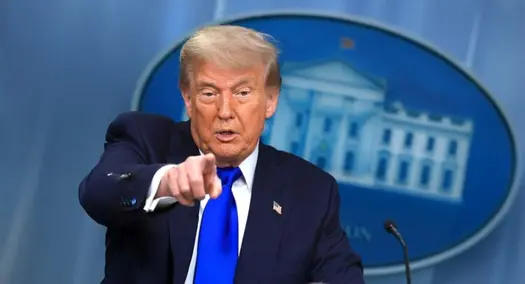
The Trump administration is in talks to take a 10 percent stake in Intel, potentially converting Chips Act grants into equity.
Trump Admin Weighs 10% Stake in Intel as Shares Tumble
Bloomberg reports the talks could see the government acquire about 10 percent of Intel (INTC), turning part of the Chips Act grant into an ownership stake. At current prices the stake would be worth about $10.5 billion, and it could position the government as Intel’s largest shareholder. Intel has received about $2.2 billion in Chips Act funds as of January, with more grant money available upon milestones.
The prospect follows mixed signals from the White House about Intel's leadership and policy direction. If realized, the arrangement would align public funding with private ownership and raise questions about governance, oversight, and how market expectations are managed. Investors pushed INTC lower by roughly 4% after the Bloomberg report, underscoring how financial markets react to potential political risk and policy leverage.
Key Takeaways
"If realized, the 10 percent stake would make the government Intel's largest shareholder."
Direct consequence of ownership shift.
"This is a bold shift that tests how public money interacts with private enterprise."
Editorial assessment.
"Investors will weigh risk as policy and profit collide."
Market reaction.
"Chips Act dollars turning into equity signals policy power in private hands."
Policy implication.
This move tests the boundary between public support and private power. A stake of this size would place taxpayers at the table where corporate strategy is decided, a shift that demands clear oversight and transparency.
It could reshape how policymakers use incentives in core industries, affecting not just Intel but the broader chip sector and investor confidence. The optics matter as much as the numbers, and bipartisan support for the Chips Act could face renewed scrutiny.
Highlights
- Government stake would rewrite Intel's risk profile overnight
- Chips Act dollars turning into equity signals policy power in private hands
- Public funds joining a private board invites scrutiny
- Investors will watch how governance shifts under this plan
Political and budget risk from government stake in Intel
The proposal links public funding and corporate ownership, raising governance, transparency, and market stability concerns. If pursued, it may trigger political backlash and scrutiny from lawmakers and taxpayers.
The coming weeks will reveal how public money interacts with private enterprise.
Enjoyed this? Let your friends know!
Related News
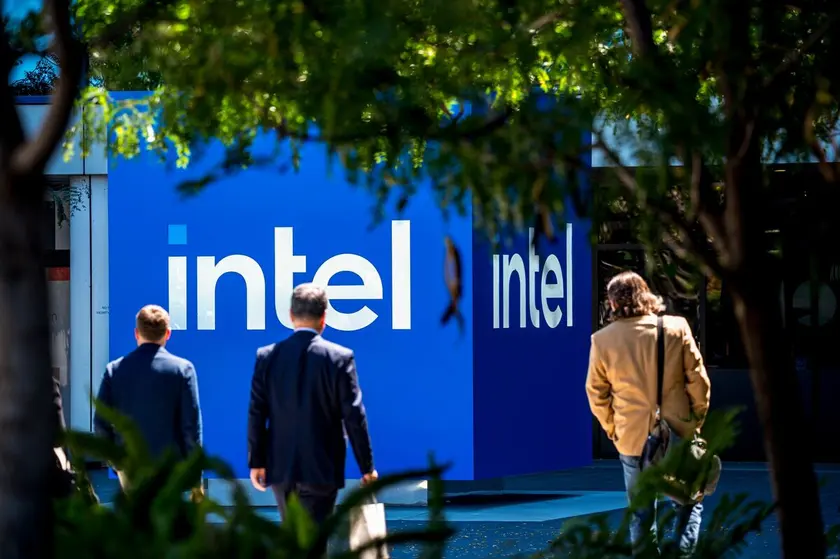
US considers 10 percent stake in Intel
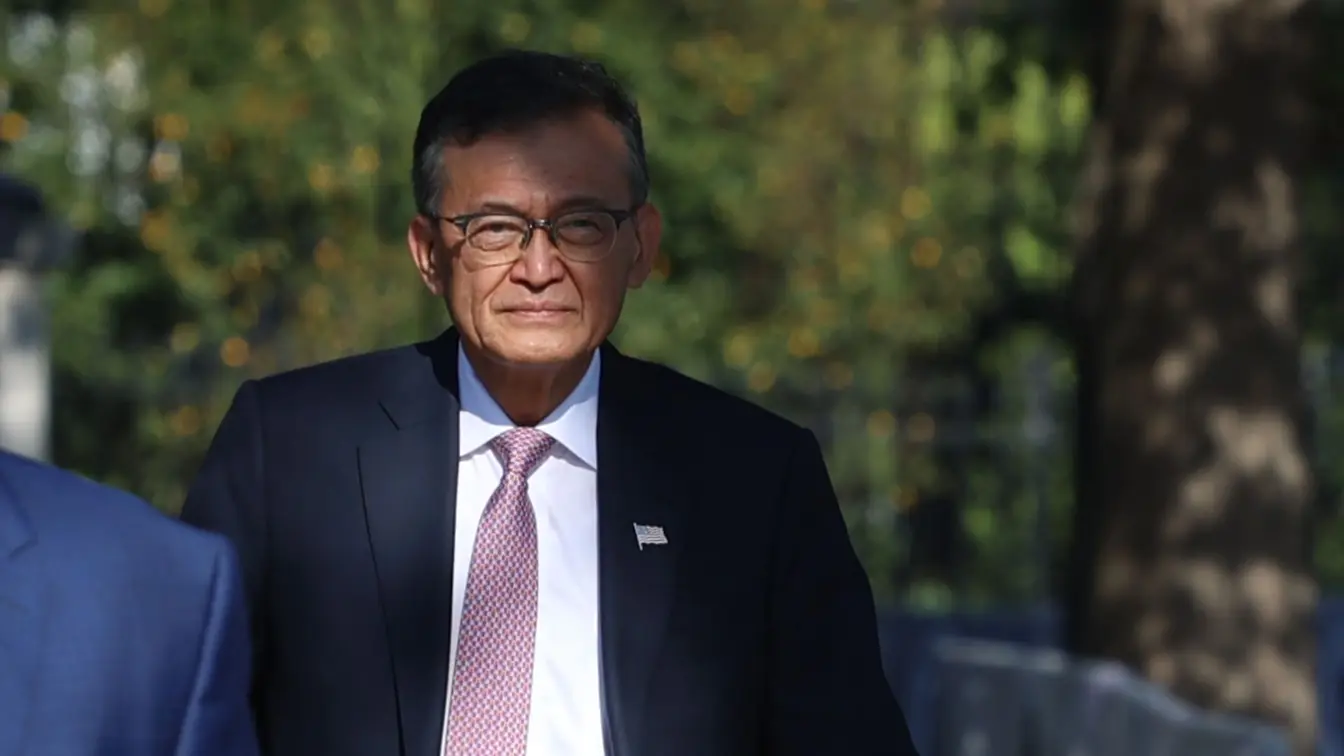
US weighs stake in Intel
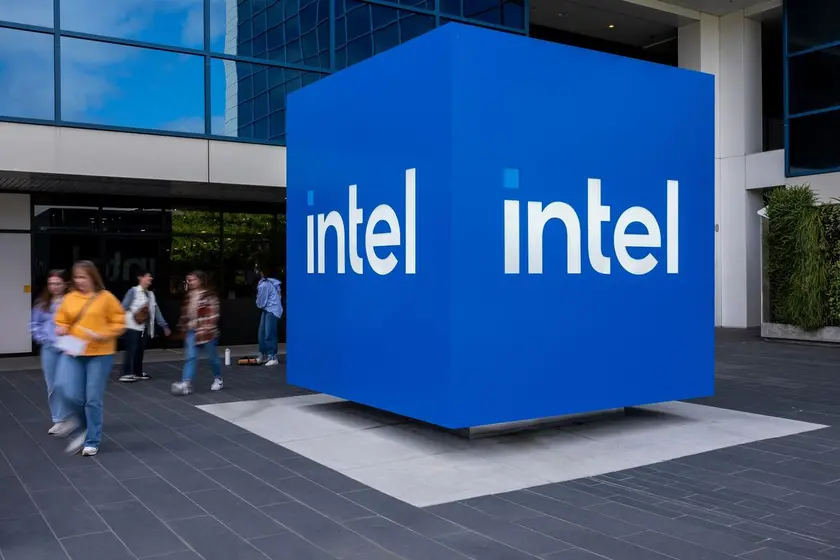
Chips Act funds eyed for Intel stake
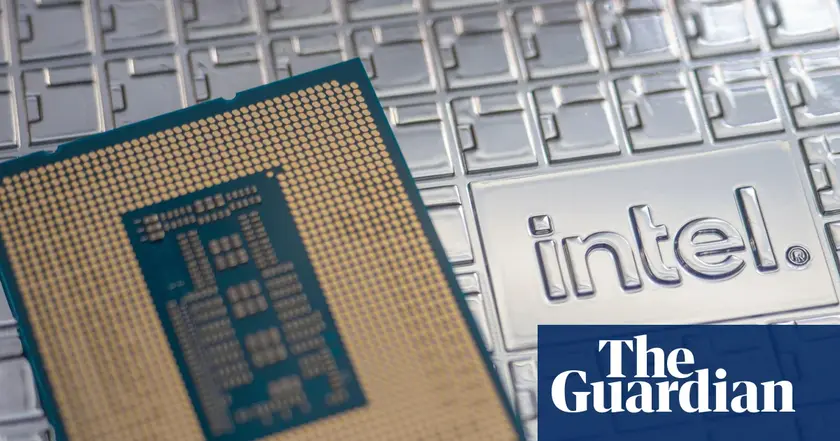
Intel secures SoftBank investment amid stake talk
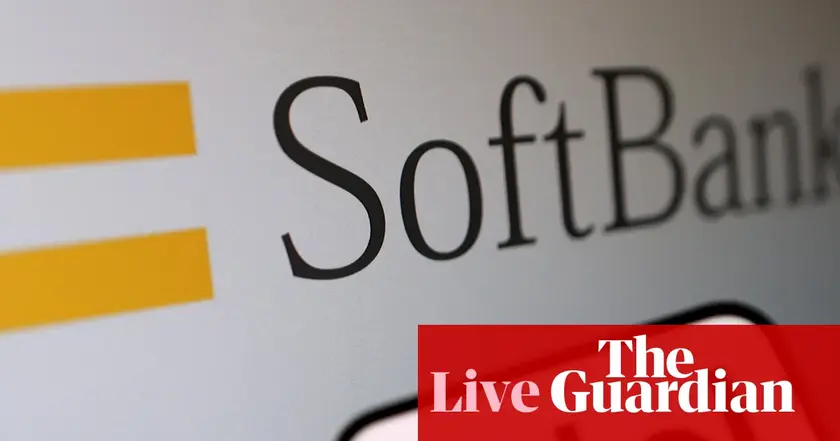
SoftBank invests in Intel for 2 percent stake
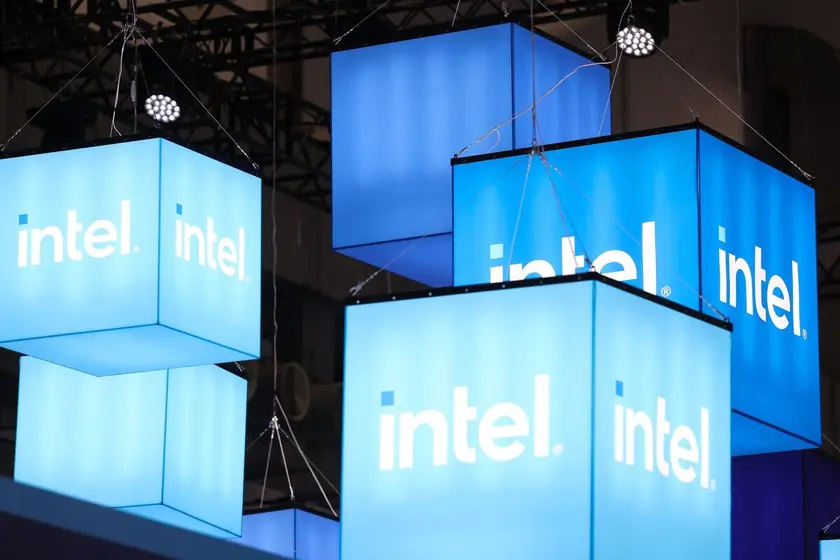
Intel stake under review by government
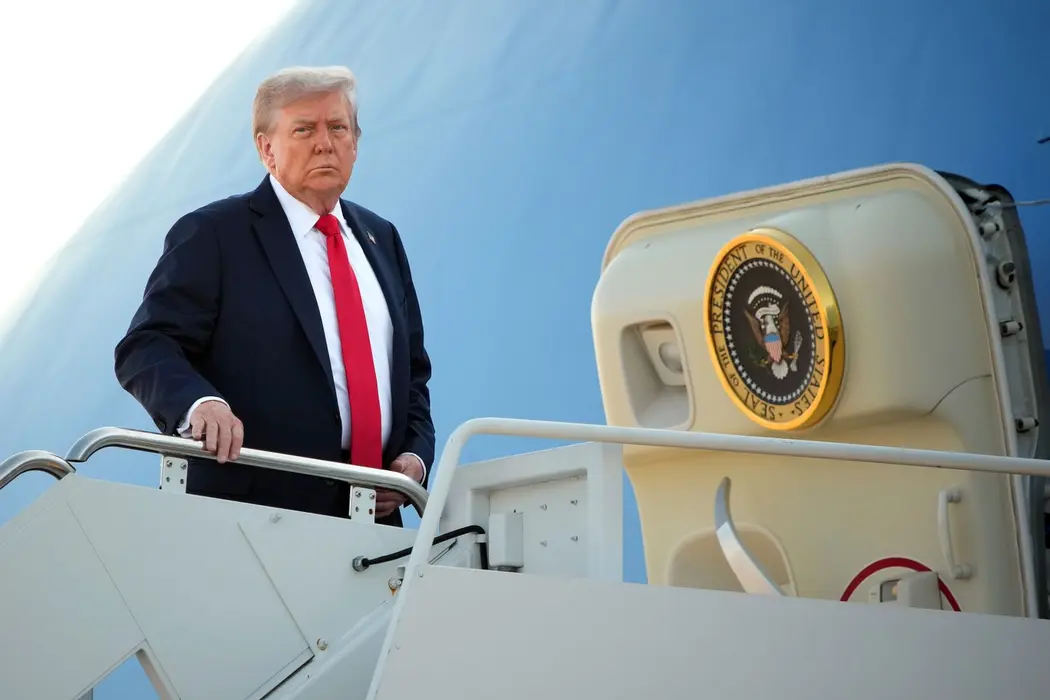
Tariffs on chips spark market risk
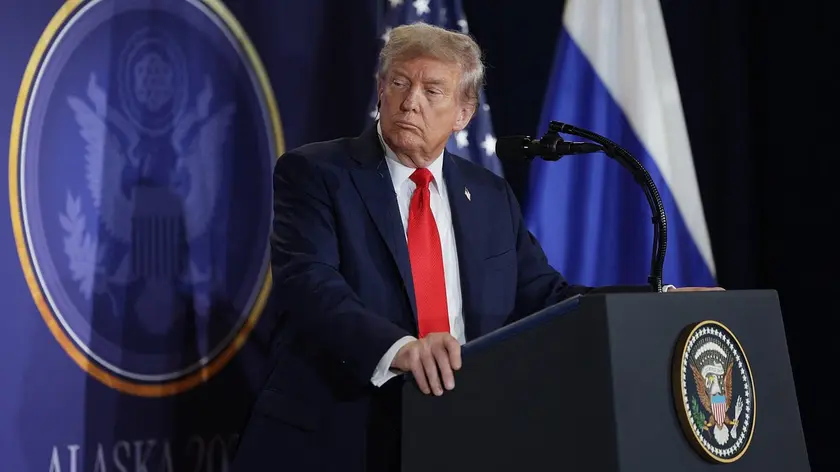
Trump moves on Intel stake
